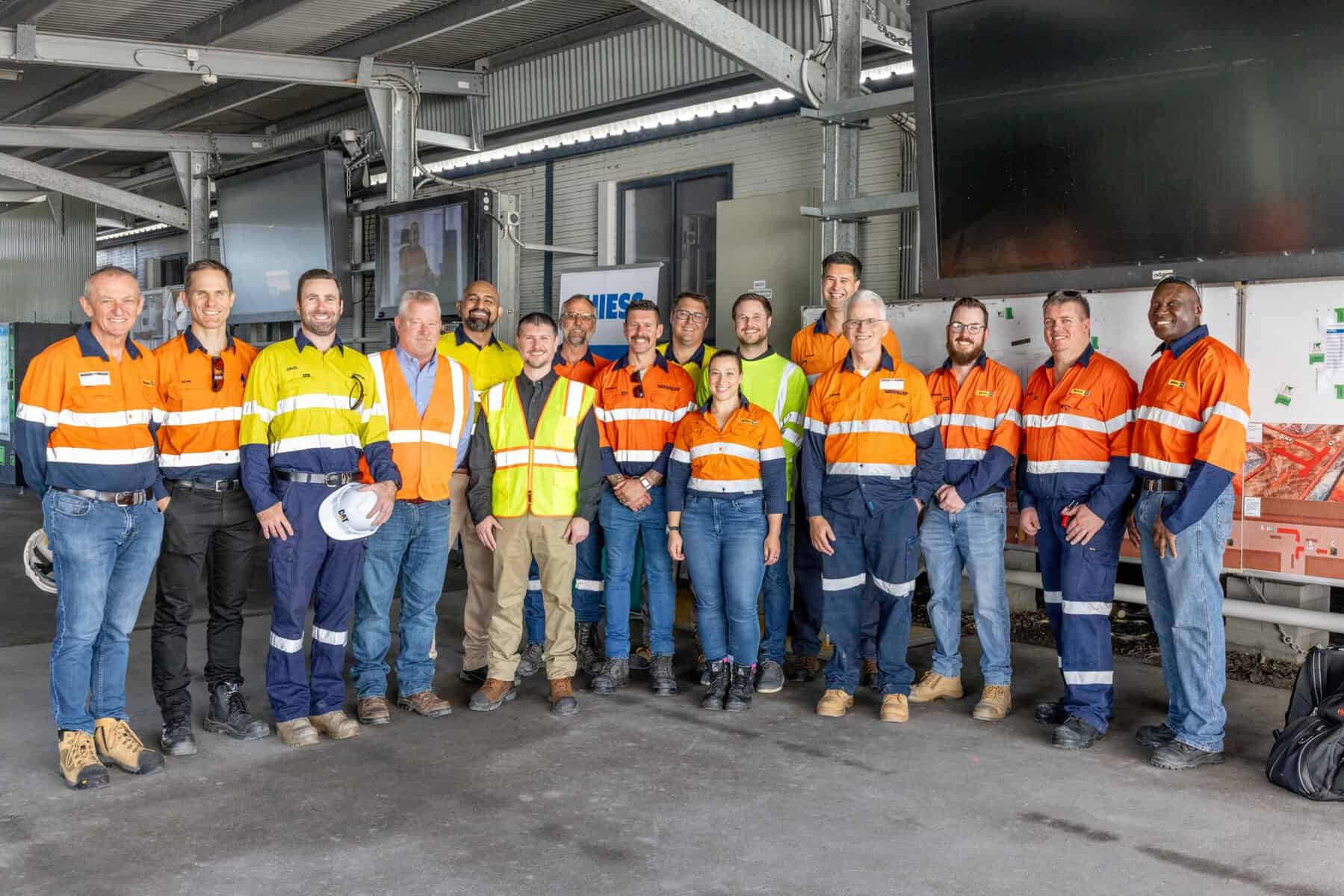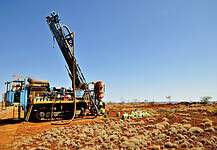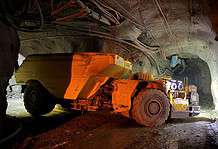Australian Workers’ Union proposes critical minerals export tax to foster domestic value-addition

The Australian Workers’ Union (AWU) intends to propose a tax on unprocessed exports of critical minerals at the upcoming ALP National Conference.
This resolution aims to promote domestic refining, processing and manufacturing of these valuable resources.
The AWU argues that Australia’s current strategy of exporting raw critical minerals to China compromises national interests and highlights the need to develop a robust domestic capacity for transforming these minerals into high-value products.
The AWU is advocating for a significant tax on the export of raw critical minerals, including lithium, cobalt and rare earths.
The union believes that the current unrestricted export approach undermines Australia’s strategic advantage and economic potential.
By imposing a tax, the AWU aims to discourage the export of unprocessed minerals and utilise the generated revenue for subsidies to support domestic refining, processing and manufacturing activities.
Australia’s heavy reliance on China for processing critical minerals is a concern raised by the AWU.
There are apprehensions that relying solely on exporting raw minerals limits Australia’s ability to add value to its resources and weakens its position as a major global supplier.
The AWU emphasises the benefits of developing domestic refining, processing and manufacturing capabilities for critical minerals.
This approach would allow Australia to capture a larger share of the economic benefits associated with these minerals and stimulate the growth of downstream industries, such as battery manufacturing, electric vehicles and renewable energy technologies.
The successful implementation of the AWU’s proposal requires collaboration among mining companies, industry associations, research institutions and government bodies.
This collective effort is crucial for developing sustainable practices, driving innovation and establishing a robust supply chain for domestically processed critical minerals.
Government support, including targeted subsidies and incentives, plays a vital role in facilitating this transition and ensuring the competitiveness of Australian industries in the global market.
The AWU’s proposed tax and focus on domestic value-addition have significant implications for Australia’s critical minerals industry.
It opens up new opportunities for increased investment, job creation and economic diversification.
By fostering domestic refining, processing, and manufacturing capabilities, Australia can reduce dependence on raw exports and enhance its position as a global supplier of high-value critical minerals.
This transition could propel the country toward becoming a major player in the critical minerals market, attracting further investments and promoting sustainable growth in the industry.
Overall, the AWU’s proposal for a critical minerals export tax and the promotion of domestic value-addition provide a pathway for Australia to enhance its economic resilience, maximise the value of its critical mineral resources and safeguard its long-term strategic interests.






































